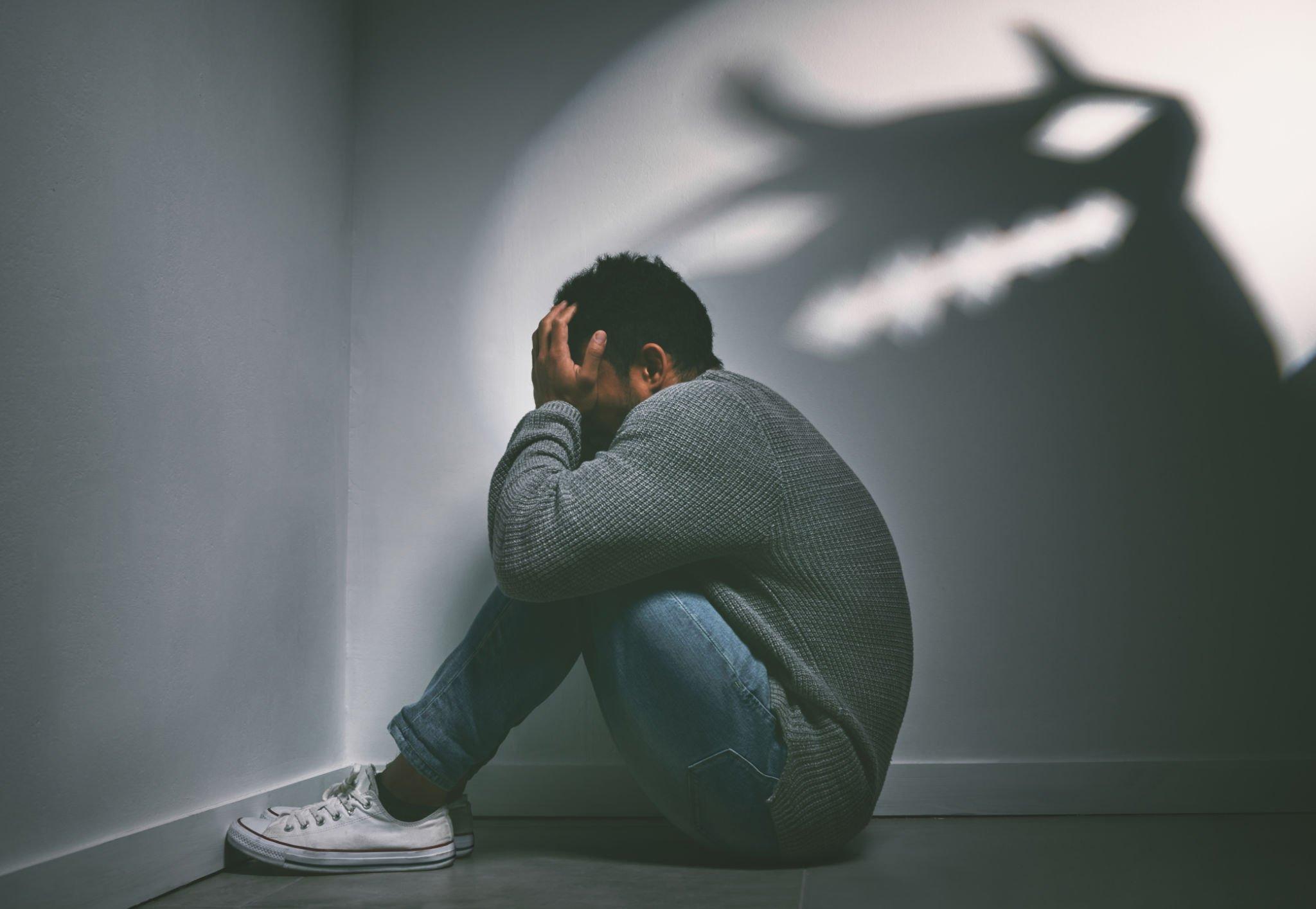Marijuana for PTSD has become an increasingly popular topic in recent years as an alternative therapy for this debilitating mental health condition. In the US, post-traumatic stress disorder (PTSD) affects about 12 million adults and can cause a range of symptoms, including anxiety, depression, nightmares, and flashbacks. While prescription medications and various behavioral therapies have long been the standard treatment for PTSD, the emergence of medical marijuana as a potential alternative therapy has sparked great interest and debate.
In this blog, we’ll explore how marijuana for PTSD compares to prescription medications, the benefits and risks of using marijuana for PTSD symptoms, and why it’s essential to seek help from a qualified healthcare provider before starting any new treatment for this condition.
What PTSD treatments are available?
Several pharmaceutical drugs, such as antidepressants, anxiety relievers, and antipsychotics can be used to treat PTSD. Some drugs reduce PTSD symptoms by changing the chemical makeup of the brain, and many prescription drugs have unwanted consequences like drowsiness, weight gain, and sexual dysfunction. Many patients fail to achieve benefit from prescription drugs and, some drugs like benzodiazepines, can be habit-forming and difficult to discontinue.
Behavioral therapy is a popular and effective PTSD treatment option for many, with or without the addition of prescription drugs. Two of the best forms of therapy for PTSD are cognitive-behavioral therapy (CBT) and exposure therapy. In contrast to exposure therapy, which gradually exposes patients to the traumatic experience until they can face and conquer their anxiety, cognitive behavioral therapy (CBT) involves working with a therapist to uncover and change harmful thought patterns.
How Does Marijuana for PTSD Compare?
Medical marijuana has been touted as a potential alternative therapy for PTSD, and some studies have shown promising results. Marijuana works by interacting with the endocannabinoid system in the body, which regulates mood, appetite, and other physiological processes. It contains cannabinoids, such as the therapeutically useful cannabinoids tetrahydrocannabinol (THC) and cannabidiol (CBD).
According to a study in the Journal of Psychopharmacology, patients with PTSD who smoked marijuana reported fewer nightmares and flashbacks. Another study published in the Journal of Clinical Psychology discovered a link between marijuana use and the lessening anxiety and depressive symptoms.
However, it’s important to note that the research on marijuana for PTSD is still in its early stages, and more studies are needed to understand its effectiveness fully.
What Are the Benefits And Risks Of Using Marijuana For PTSD Symptoms?
Potential Pros:
- Terpenes: Medical cannabis contains a variety of terpenes, which are aromatic compounds responsible for the plant’s distinctive scent. Some terpenes, such as linalool, beta-caryophyllene, and limonene, have been shown to have anti-stress and anti-anxiety effects. These terpenes may help calm the mind and reduce anxiety and stress.
- CBD: Studies have suggested that CBD may improve the brain’s regional cerebral blood flow (CBF), which can help reduce anxiety and increase the number of important hormones and nutrients moving through the brain. CBD may also help prevent the “reliving” of traumatic experiences.
- Sleep: Medical cannabis may help promote a restful night’s sleep with fewer sleep disturbances and nightmares. This can be especially helpful for people with PTSD who may struggle with insomnia.
- Alternative to other drugs: Medical cannabis may provide an alternative to drugs with less proven efficacy for PTSD, such as benzodiazepines and antipsychotics. Phytocannabinoids, such as THC and CBD, may help replace, or at least reduce, these substances.
Potential Cons:
- THC: Medical cannabis that contains THC can cause psychoactive effects, including an initial increase in heart rate and anxiety. It’s essential to use medical cannabis under the guidance of a healthcare provider to avoid unwanted side effects.
- Depersonalization: Medical cannabis may also increase feelings of depersonalization, which is a sense of detachment from oneself or one’s surroundings. This can be a distressing symptom for some people with PTSD.
It’s Time to Pause the Pain
If you’re considering using marijuana for PTSD, it’s crucial to speak with your treating behavioral healthcare provider first. They can evaluate your medical history and determine if medical cannabis is a safe and appropriate treatment option.
At Pause Pain & Wellness, our experienced providers are dedicated to helping patients find relief from a variety of qualifying conditions, including PTSD. We offer personalized treatment plans that address each patient’s unique needs and work closely with individuals to provide ongoing support and education.
Contact us today to schedule a consultation. Our team will guide you through the process of obtaining medical cannabis and provide the support you need every step of the way.

